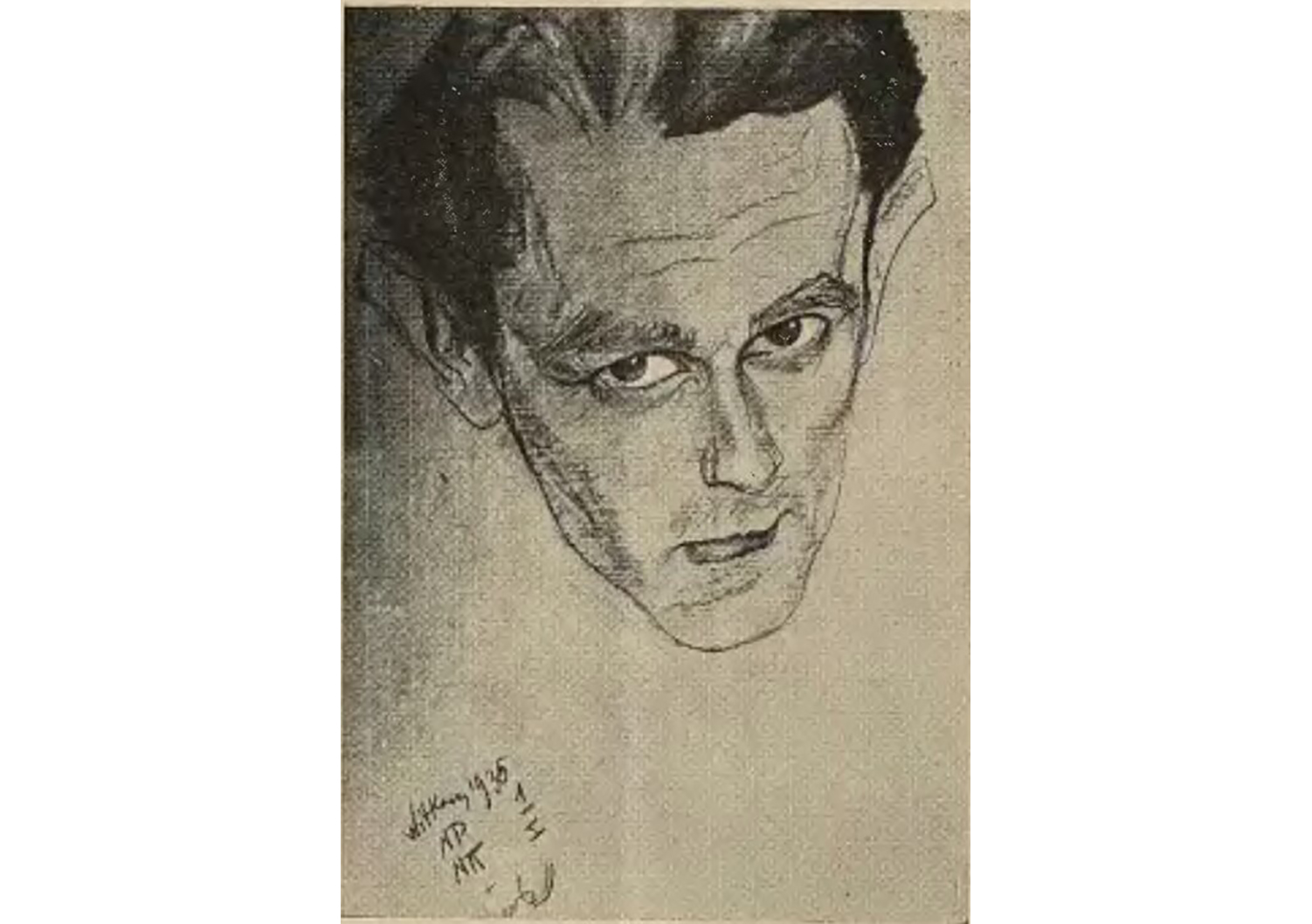On July 12, 1892, in the city of Drohobych, a silk merchant named Yakub Schultz had a third son, who was named Bruno. To describe the family, one could use some kind of cliché, for example, that the boy was born into a “traditional Jewish family.” But de jure there was no family. And this, to put it mildly, was not very traditional. Especially at the end of the 19th century. As it turned out later, Bruno Yakovlevich Schultz (in Soviet bureaucratic language, which, unfortunately, the artist fully tasted in 1939–1941) was an illegitimate child. His parents started a family immediately after the birth of their youngest son. After that, we can talk about the family and its traditions, but… There will be many such “buts” in Bruno’s life. From the moment he was born, the life of a small man with a boundless imagination was woven from contradictions, paradoxes, and mysteries that remain unsolved to this day.
Bruno Schulz (1892–1942), unlike the whole bunch of Jewish artists killed during the Holocaust, was somewhat lucky. In his life (after his physical death) a person appeared who not only preserved the memory of one of the most mystical writers of Polish literature of the interwar decade, but also actually made him famous far beyond the borders of Drohobych, a city “full of prosperity and well-managed – in part enterprising and devoted to entrepreneurship, in part delighted with comfort and bourgeois well-being, in part ambitious and snobbish.”.
This man was the poet, translator, publicist and cultural scientist Jerzy Ficowski (1924–2006). Like the object of his research and, quite possibly, adoration, E. Ficowski was a man of exceptional fate. A generation younger than Schulz, however, in the opinion of the author of this post, no less talented and courageous.
The worlds of B. Schulz, E. Fitzovsky and Andriy Pavlyshyn, Yuriy Andrukhovych and other people of the Word, who opened Bruno Schulz's work to the Ukrainian reader, were discussed during an online lecture by Dr. Yehor Vradii, Deputy Director for Scientific Work of the Museum “Jewish Memory and Holocaust in Ukraine”. This lecture is a continuation of the exceptionally important project of the Hesed Menachem Charitable Foundation “Current Conversation”, which for several years has allowed a wide audience from all over Ukraine to immerse themselves in the world of culture and history of the Jews of Ukraine, get acquainted with new items in the museum exhibition or meet famous researchers and creative people.
Well, for those who managed to read the text to the penultimate paragraph, it is an incentive to visit the Museum library and experience for themselves how, on the same hot July days, a hundred years ago, “the afternoon slumber of flies buzzed in swarms” of Drohobych gardens.
[i] Бруно Шульц. Вітчизна у Шульц Б. Цинамонові крамниці та всі інші оповідання в перекладі Юрія Андруховича. Київ: А-БА-БАГА-ЛА-МА-ГА, 2012. С. 373.
[ii] Бруно Шульц. Серпень у Шульц Б. Цинамонові крамниці та всі інші оповідання в перекладі Юрія Андруховича. Київ: А-БА-БАГА-ЛА-МА-ГА, 2012. С. 9.

